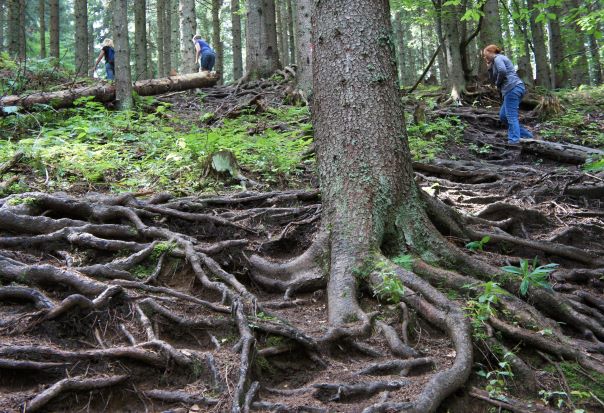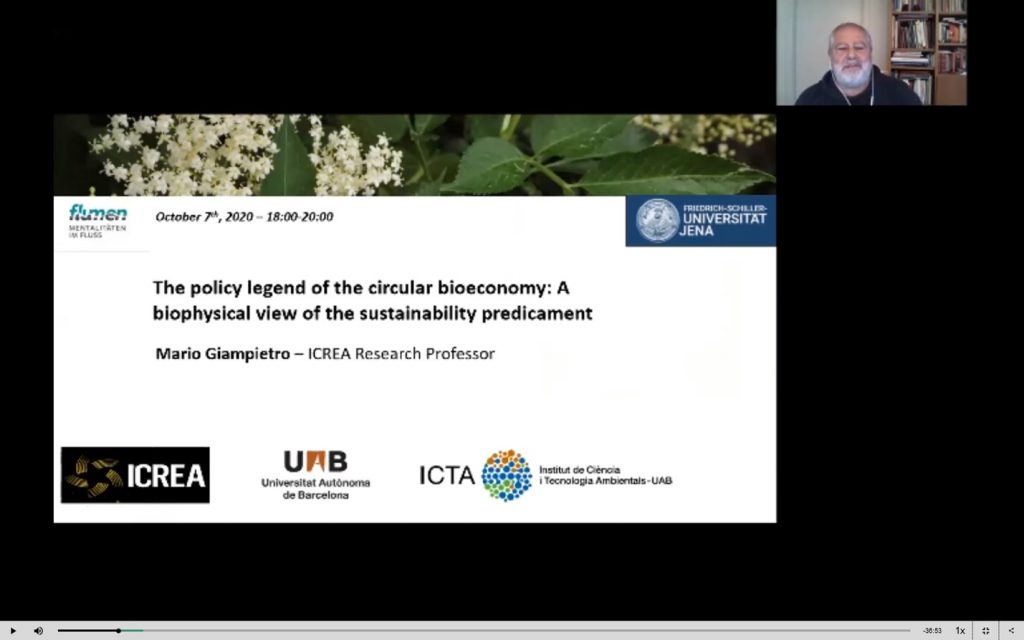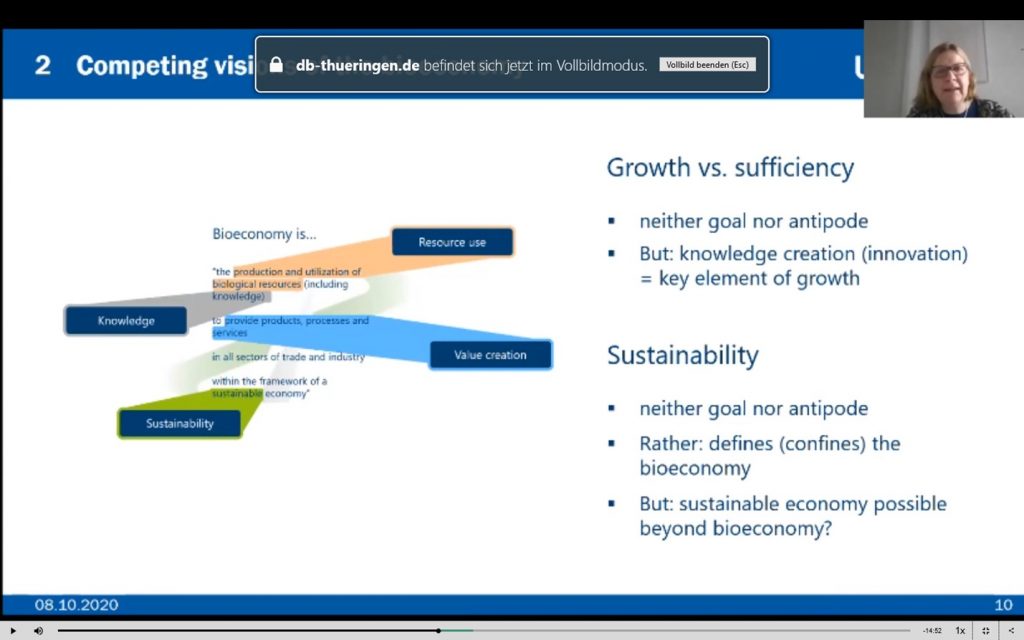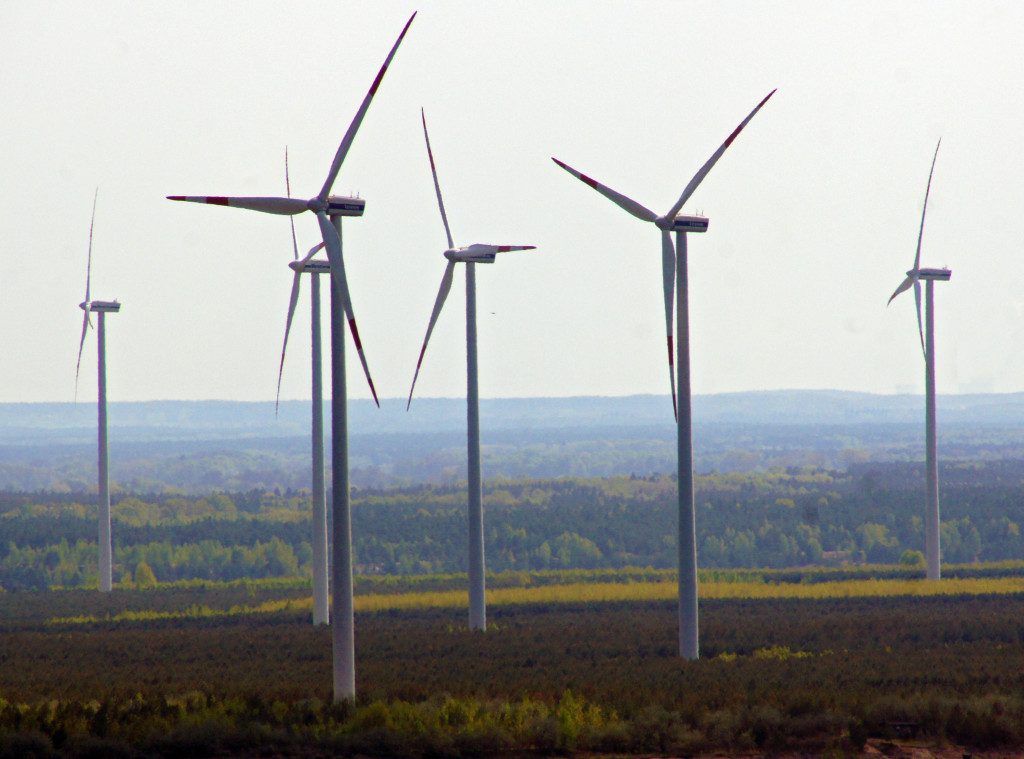
It’s the (bio)economy, stupid!
Die Zukunft des Wachstums und das Versprechen der Bioökonomie
Interdisziplinärer Workshop am 7./8.10.2020, Friedrich-Schiller-Universität Jena
Bericht
Programm
Präsentationen im Workshop
Videos

Mario Giampietro, ICREA Research Professor, Institute of Environmental Science and Technology (ICTA) at the Universitat Autònoma de Barcelona: “The policy legend of the circular bioeconomy: A biophysical view of the sustainability predicament”, Online Vorlesung, 7. Oktober 2020. Moderation: Anne Tittor

Daniela Thrän, Helmholtz-Zentrum für Umweltforschung GmbH – UFZ, 2012-2019 Ratsmitglied des Bioökonomierats: “Bioeconomy’s Contribution to Economic Growth”, Online Keynote, 8. Oktober 2020. Moderation: Dennis Eversberg.
Worum es ging:
Das vorherrschende Narrativ in den laufenden Debatten um die Bioökonomie zeichnet das Bild einer künftigen Wirtschaft, die auf Erneuerbaren Energien und biologischen Ressourcen basiert. Es verspricht modernen Gesellschaften ein “grünes” Wirtschaftswachstum, durch das es möglich werde, eine auf fossilen Rohstoffen und Energieträgern basierende Wirtschaft hinter sich zu lassen und so eine nachhaltige Zukunft aufzubauen.
Doch ist dieses Versprechen eines neuen, biobasierten Zyklus von Wachstum und Kapitalakkumulation erfüllbar? Können auf Wachstum ausgerichtete Wirtschaften, die gleichzeitig auf bioökonomischen Stoffen und Ressourcen basieren, wirklich nachhaltig und global gerecht gestaltet werden? Ermöglicht die Bioökonomie eine Dekarbonisierung der Wirtschaft sowie die Entkopplung von Ressourcendurchsatz und BIP? Oder würde die Transformation moderner Gesellschaften hin zu postfossilem, biobasiertem Wirtschaften die Überwindung des grenzenlosen Wachstums-Paradigmas voraussetzen?
Während fossil basierte Wirtschaften auf einem stetig wachsenden linearen Durchsatz und einer permanenten Ausweitung der Förderung fossiler Ressourcen aufgebaut sind, fußen biobasierte Wirtschaften auf Stoffen, deren Verfügbarkeit biophysikalischen Grenzen und zyklischen Regenrationsprozessen unterworfen ist und nicht beliebig erweitert und beschleunigt werden kann. Diese Dynamik der Ausweitung der benötigten Energie- und Gütermengen kann in einer auf erneuerbaren Ressourcen beruhenden Wirtschaft nicht ohne weiteres beibehalten werden. Allerdings sind als Folge jedes möglichen Bruchs mit der fossilen Logik des expansiven Abbaus natürlicher Ressourcen wirtschaftliche Krisen und neue Verteilungskonflikte zu erwarten. Andererseits könnte ein Umsteuern zu bio-basiertem Wirtschaften auch Ausgangspunkt für einen grundlegenderen Wandel moderner Gesellschaften sein: die gesellschaftliche Organisation von Lohn- und Care-Arbeit, Konsummuster oder auch die Vorstellungswelten der Menschen könnten neu verhandelt werden, oder zumindest könnte deutlich werden, dass ein Wandel in diesen Feldern nötig ist.
In ganz ähnlicher Weise verkünden politische Akteure und Strategien oftmals, dass die Bioökonomie weitreichende Veränderungen mit sich bringen wird: die Bioökonomiestrategie der EU sagt Europa „rasche, untereinander abgestimmte und nachhaltige Veränderungen seiner Lebensweise und seines Umgangs mit Ressourcen auf allen Ebenen der Gesellschaft und der Wirtschaft“ voraus. Gleichzeitig scheinen die konkreten Handlungen von Schlüsselakteuren aus Politik, Wissenschaft und Industrie auf die Erwartung gestützt zu sein, dass die Bioökonomie es ihnen ermöglichen wird, mit dem business-as-usual fortzufahren und um eine Abwendung vom Wachstumsparadigma herumzukommen.
Ziel unseres Workshops war es, die Beziehungen zwischen Bioökonomie und Wirtschaftswachstum aus einer multidisziplinären und globalen Perspektive zu diskutieren. Darüber hinaus wollten wir einen Austausch zwischen Debatten zu ökologischen und sozialen Folgen der Bioökonomie sowie den kritischen Debatten um nachhaltiges Wachstum, grünes Wachstum und Degrowth voranbringen.




